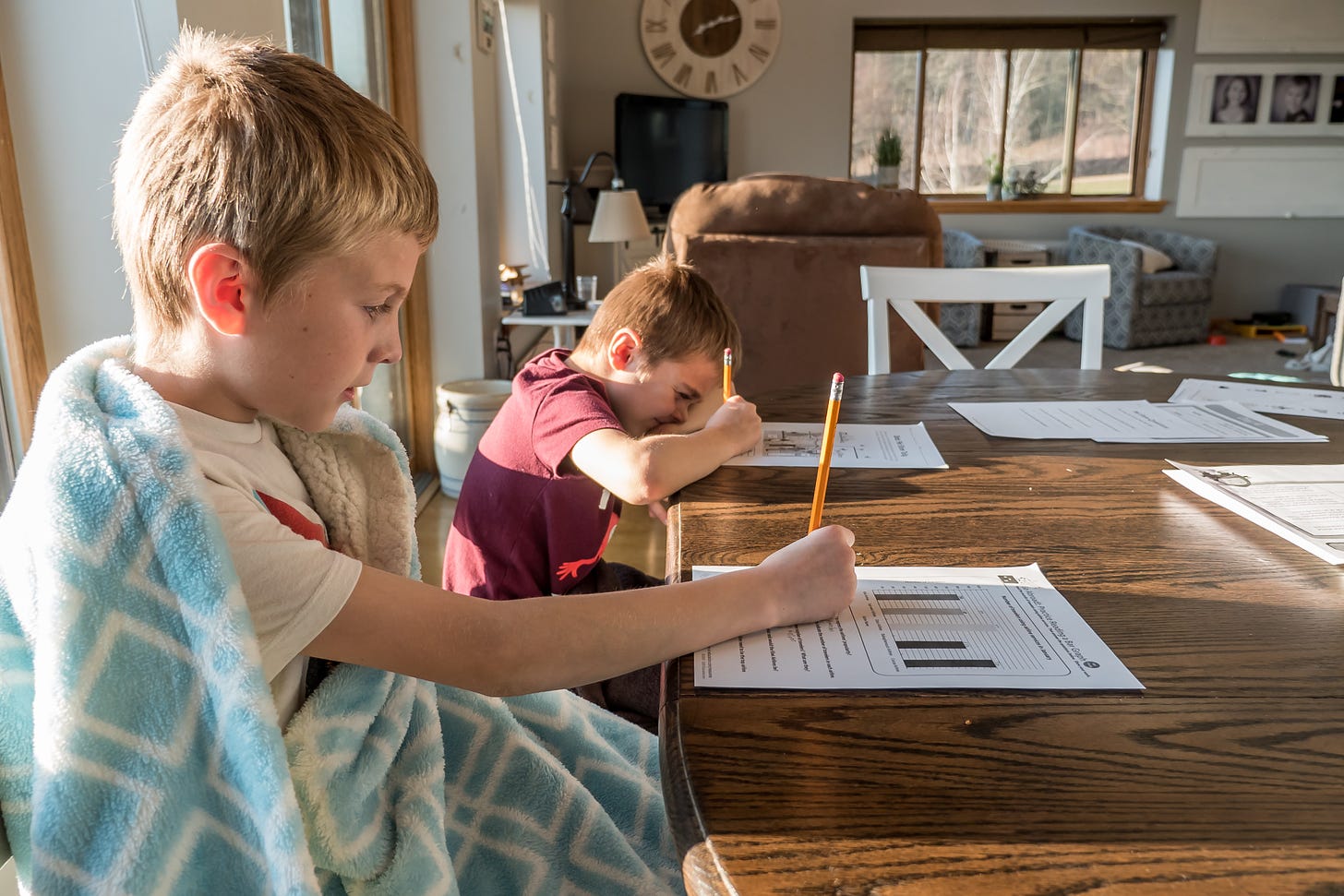
👋 On time for your weekend: a round-up of this week's 25 remarkable stories at the intersection of #technology, #business, #design, and #culture.
📚 Reading
The Robots Are Coming for Phil in Accounting:
This shift may be related to the popularity of “so-so automation” — technology that is just barely good enough to replace human workers, but not good enough to create new jobs or make companies significantly more productive. This simple, substitutive kind of automation threatens not just individual workers, but the economy as a whole.
🙆🏻♂️ Let’s not settle for “so-so” anything—Kevin Roose, NYT
Moore's Law for Everything:
[L]abor is the driving cost at many levels of the supply chain. If robots can build a house on land you already own from natural resources mined and refined onsite, using solar power, the cost of building that house is close to the cost to rent the robots. And if those robots are made by other robots, the cost to rent them will be much less than it was when humans made them.
💁🏻♀️ Phil would approve—Sam Altman
The Holy Church of Christ Without Christ:
Whether God exists or not is irrelevant: He exists as much as FICO scores or habeas corpus or the Fourth Amendment does, as mental concepts we collectively bring into being via belief and which shape our actions thereby. Not worshipping—not interpreting reality via a binding web of narratives and values—isn’t actually an option
🙇🏻♂️ The webs we weave—The Pull Request
🎧 Listening
Networking Needs a Rebrand:
The most successful networkers of the future are those who are amphibious, that they can be equally good in building relationships or maintaining relationships regardless of where they start, whether they start physically in real life, or whether they start digitally in real life. [T]hose who understand that when they are walking into the digital space that they behave and interact no different than if it was a physical space.
Kelly Hoey—Building Bridges
The Past, Present, and Future (of SaaS and Software):
[W]hat's happening now is businesses are actually becoming encoded in software. That's a mega shift. When businesses become encoded in software, now what you need is not a person necessarily using software but you have software using other software. And when software is using other software, it's obviously not interacting through a user interface, it's interacting with the other software through an API.
Eric Vishria—Invest Like the Best
Mysteries of the Creative Process:
I believe that I don’t know anything. I come in with the idea that I have no area of expertice, I don’t know better than anyone else. I’m starting from a completely blank slate. I try to reduce everything down to these choices of “we made it this way, and now we made it this way, and which one is better”. And it’s usually pretty obvious, especially if you get it down to two choices.
Rick Rubin—The Moment
👷🏻♀️👷🏻♂️Our Work
Presentation on innovating for the Passion Economy—Google Slides
📬 Suggestions?
Please, feel free to send tips and ideas for the next issue by replying to this email. Or, send them directly to hello@futuring-architectures.com 🙏



